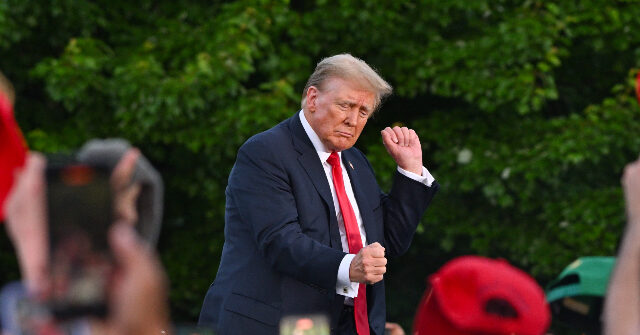Victor Willis, the lead singer of the Village People, recently made headlines by defending the usage of the iconic song “YMCA” by President-elect Donald Trump. Willis publicly addressed the claims that the song serves as a “gay anthem,” stating that this perspective is based on misconceptions tied to his writing partner’s sexual orientation and some band members’ identities. He clarified that he is responsible for 100% of the lyrics and that the notion of “YMCA” being an anthem related to the LGBTQ+ community is misguided. In a lengthy social media post, he expressed his feelings about the ongoing controversies surrounding the song’s usage, particularly in light of Trump’s campaign.
Since 2020, Willis reported receiving more than a thousand complaints from fans and individuals concerning Trump’s usage of “YMCA,” leading him to request the President-elect to cease using the song. He characterized the continued use of the song as a nuisance, yet he ultimately chose not to withdraw the song’s rights from Trump’s campaign due to the legal license they held from BMI, the performing rights organization. He expressed empathy for the predicament of other artists who had taken steps to prevent Trump from using their songs but was not willing to take similar actions with “YMCA.” Instead, he instructed his wife to ensure that BMI would not terminate Trump’s license for the song.
Willis also noted the unexpected positive impacts of Trump’s performances of “YMCA.” Despite his personal reservations, he acknowledged that the song had reached number one on the Billboard charts partly due to its association with Trump, who had cultivated a lively persona around the tune during rallies. Financially, the song allegedly generated millions of dollars as a result of its ongoing prominence in Trump’s appearances. Given these benefits, Willis expressed gratitude towards Trump for selecting “YMCA” as part of his campaign.
The question of “YMCA” being a “gay anthem” was further addressed by Willis, as he criticized the stereotype linking the song to LGBTQ+ culture. He reiterated that while the song’s origins might include elements of gay life—such as specific connections to the YMCA serving as a gathering place for some individuals within the community—this does not equate to the song being a definitive representation of that identity or lifestyle. He urged fans and the media to reassess their perceptions and recognize that the song was written with broader appeal in mind.
In popular culture, Trump’s dance moves to the “YMCA” rhythm have sparked numerous social media moments and have showcased a light-hearted engagement with the song. Examples include various athletes and everyday people imitating his unique choreography, including a distinctive combination of fist pumps and hip swings set to the beat of the music. This playful interaction has turned into a cultural touchstone that goes beyond political affiliations, drawing attention to the song itself and its enduring popularity.
Willis’s statements have added a new dimension to the ongoing dialogue about the intersection of music, politics, and identity. While he may have initially faced backlash regarding Trump’s use of “YMCA,” he has, in recent reflections, embraced the song’s resurgence in popularity and the financial successes it has afforded him. By framing his position in a nuanced manner, he has opened up discussions about the responsibilities and rights of songwriters, artists’ connections to their creations, and the ever-evolving interpretation of music in a politically charged environment.

